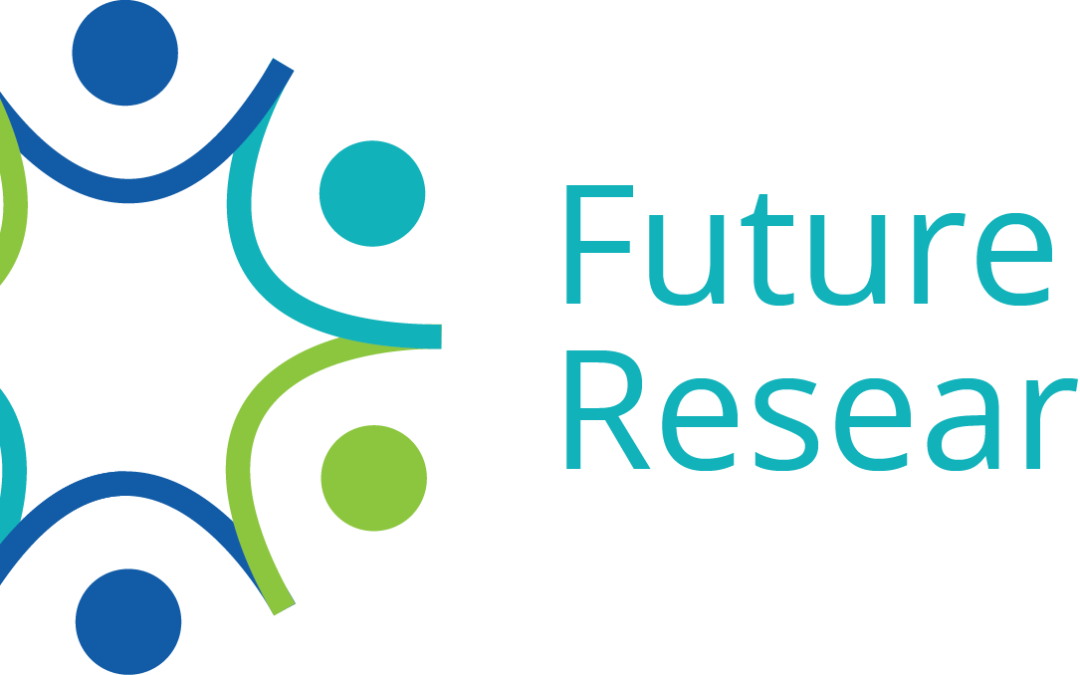This is a guest post by Future of Research board member, Sarah Wong.
Future of Research has issued a statement condemning the attacks on DACA and expressing our commitment to diversity in STEM. FoR interviewed several members of the STEM community to understand more about the effects of DACA on this population. They described the barriers they have faced while in the US and their fears in the face of the DACA repeal. Finally, they discussed how the scientific community can help support them.
Karina Meneses, a math major at the University of California San Diego, arrived in the USA from Mexico at age 11. She recalled her childhood experience as an illegal immigrant: “I have faced financial hardship: my parents and I lived in a single room for years and have been on the brink of being homeless if not for people who were willing to lend a hand and let us stay with them. There have been times when we relied on the Church for food. And of course, this isn’t because my parents are lazy but because it is very hard to find a stable job when you’re undocumented”. Despite these hardships, she managed to graduate at the top of her high school class. She is now in her final year at UCSD, and plans to attend graduate school.
Meneses stressed that DACA recipients face more financial hardships in college than US citizens, as many are ineligible for certain scholarships or paid research programs. This sentiment was shared by Francisco J. López-Flores, a Senior Leave Analyst at UCLA Health, who was “part of the first class of undocumented students to matriculate into public higher education in the US.” He states that, at the time in 2002, “undocumented students did not qualify for financial aid, were barred from scholarships and paid internships, and were subject to pay for their our own tuition out-of-pocket.”
As an organization, the Future of Research is dedicated to enhancing the research experience for all early-career researchers, regardless of nationality or immigration status. Part of this dedication includes the promotion of diversity throughout STEM fields. Dr. Adán Colón-Carmona, Associate Professor of Biology at UMass Boston, explained the importance of diversity in his work: “One of the things I’ve been trying to do is to be vocal about the benefits of diversity, no matter whether you are a US citizen or not, whether you are documented or not. Diversity in how we think and the experiences we bring, enhance scientific fields. It promotes innovation. One only needs to look at the top universities. Research lab(s), particularly the most productive ones, have people from all over the world collaborating. Science education is enriched when people with different backgrounds participate as teachers and educators. Our K-12 education is already non-white. If we want science to reflect what the US population will look like in the future, we need to promote diversity within the sciences.”
While financial aid has not changed much for undocumented students in the past decades,Dr. Colón-Carmona notes that permanent residents are now eligible for many federal scholarships and fellowships. His immigration story started in the mid-1970s when he was 6 years old. When he received permanent residency in the 1980s, federal assistance was still unavailable to him. Both Meneses and López-Flores now face an uncertain future in the face of DACA repeal. “At first the decision made me doubt my whole life,” states Meneses, and continues “nowhere in my plans is to leave the U.S., I expect to die in this country. I am terrified that my status will now make me become a “high risk” prospect for graduate studies. I am terrified that in the middle of my studies, I will no longer be able to work for the University and receive aid.” López-Flores expressed similar feelings in stating “The decision puts me in jeopardy. Not only educationally, professionally and thus economically, but it also places a potential target on me for deportation proceedings. Suffice to say, what concerns me the most is the impact that this has on my children.”
To help support our DACA-affected colleagues, FoR asked both Meneses and López-Flores what the STEM community can do to help. Meneses answered: “More opportunities for research for DACA recipients would be great. Holding more seminars, giving more opportunities for people like me to develop. We do not ask for a free pass, we are willing (and really have been) to work hard for it. Neither are we asking for programs opened specifically to people with our status. We are simply asking for the opportunity of our applications to the programs to be considered just like everyone else. So another thing could be for, in this time, highlight those individuals as examples of great contributors to society so that people are informed of who we, dreamers, truly are. Lastly, this goes tied with the previous points, inform people in academia and the scientific community of what is happening.” López-Flores’s answer was more concise: “The scientific community can speak up and come out boldly in support.”
For more information on DACA, please visit:
https://www.ilrc.org/sites/default/files/resources/community_advisory_-_end_of_dacav2.pdf
For additional resources for those affected by DACA:
http://www.thedream.us/resources/
For ways to advocate for DREAMers:
http://www.aila.org/infonet/four-easy-ways-to-advocate-for-the-dream-act
For more from Dr. Adán Colón-Carmona:


